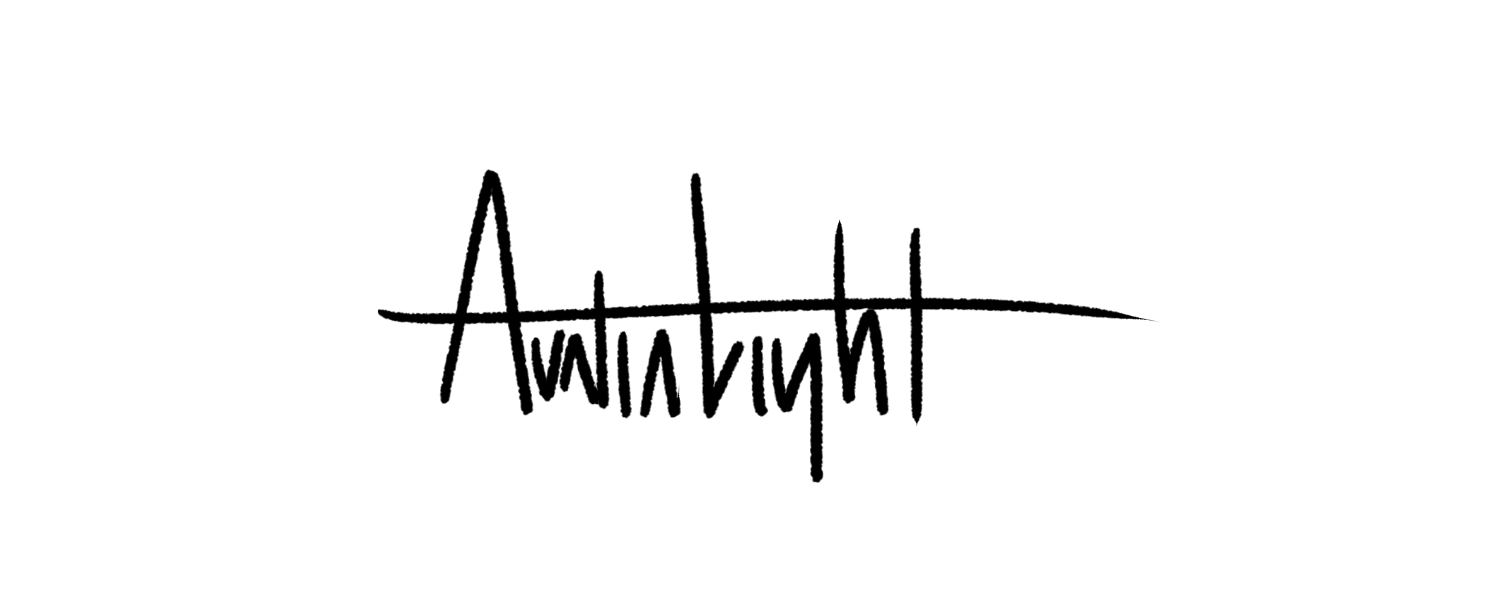Occasionally I get emails from people looking to get a book
published. They usually go something like this:
“I have an amazing idea for a children’s book and I’d love
if you illustrated it. My daughter/nephew/grandchildren love when I tell it.
I’m sure it will make tons of money. If you will illustrate it we can split the
profits.”
Or something like this:
“I see you write. I’ve written some stuff too. A full novel
actually. Would you like to edit it for me? Do you have any contacts I should
send it to?”
The answer to both of those emails is no. It’s not because I
don’t care about what you’re doing, it’s because I’m not the man to do it. I’m
super busy working on my own stuff over here. Plus I’m pretty selective about
the projects I take on because my time is limited (husband, father, day job--that kind of stuff). What I can do is provide you with a handy checklist. A place to get started if you haven't done so already.
You Should Do These Things
The following is a list of things you should strongly
consider doing. They won’t guarantee your book on the shelf at Barnes &
Noble, but they will help you create meaningful connections and teach you a
thing or two you might not have known otherwise.
Join the SCBWI
If you write children’s, middle grade or young adult books
or illustrate, this is a must. It’s a goldmine of information. Join here.
Go to a SCBWI conference
Regional conferences are everywhere. Go to one. Meet people,
attend lectures. Learn. I guarantee you will walk away from your first conference with a headful of things you didn't know before.
Join a critique group
They aren’t hard to find or get in to. You might be able to find one
through SCBWI connections (which you've already established right?). Some are conducted in person, some over email. Get
people that aren’t related to you looking at your stuff. People that know more
than you and/or are striving toward the same thing.
Read!
With the Kindle app available for just about everything with
a screen, there’s no reason to not read books in your genre. You learn through
osmosis with this stuff. It’s easy and enjoyable education.
Practice
You should be writing or illustrating as much as you can.
Write short stories, scribble out doodles. You will get better just by doing
it. Practice might not make you perfect, but it will make you confident.
Diversify
Don’t write one story or draw one picture and cling to it as
your only project. In other words, put those eggs in multiple baskets! You
never know where the market will go next. That amazing vampire romance novel
you just finished is probably going to need to be shelved for a while. That’s
okay, work on something else.
Stay in the loop
You don’t have to have a blog or a Twitter account as long
as you follow those that do. Get online and follow some authors and agents.
Keep an eye on the world you want to be a part of. Join the conversation—the
book world is full of friendly folks.
Research
When it’s time to submit to agents or editors, take the time
to do your research! Make every query letter unique. Send only to people you
know would be interested in what you do.
There you go. I’ve been seriously working on the things in
the list above since late 2008. Yep, that’s four years of work on top of a day
job. Two written novels and two illustrated books and I feel like I’m almost
there. For some people it’s a faster process, for some it’s even longer. Like I said, you don't have to do these things, but you should. Be warned, they'll cost time and money. If
any of the above seems like too much work, then bad news bears: you don’t
really want it. For reals. There are no shortcuts. I’ll leave you with my favorite Thomas Edison quote:
Opportunity is missed by most people because it is dressed
in overalls and looks like work.







